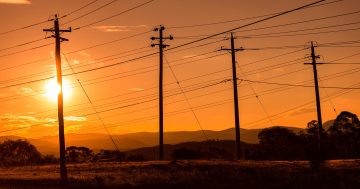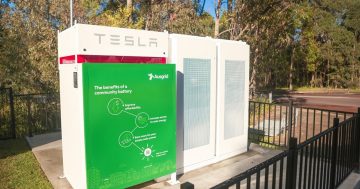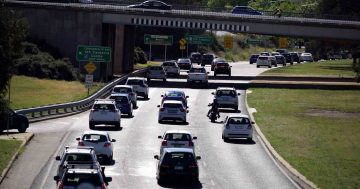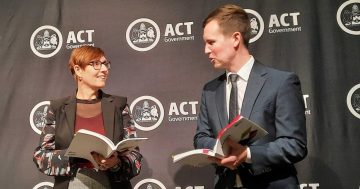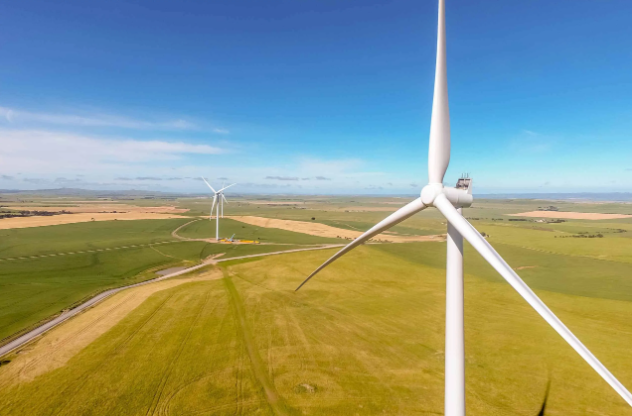
Hornsdale wind farm in South Australia, one of the generators with which the ACT has long-term, fixed contracts. Photo: File.
An average residential electricity customer in the ACT will pay an extra $75 on their annual bill after the annual price update was released on Wednesday (7 June), the smallest in the national market thanks to the Territory’s renewable energy arrangements.
The Independent Competition and Regulatory Commission said that from 1 July, ActewAGL’s regulated (standing offer) tariffs would increase, on average, by 4.15 per cent, lower than the rate of inflation and in real terms a decline of 2.7 per cent.
Senior Commissioner Joe Dimasi said this would be the smallest price increase among jurisdictions in the national market.
He said residential customers in New South Wales, Victoria, Queensland and South Australia were facing increases of 20 to 27 per cent.
The annual bill for the average non-residential customer in the ACT would increase by $289.
Mr Dimasi said there had been a significant increase in wholesale charges due to higher coal and gas prices but this would be largely offset by big falls this year in the cost of the ACT Government scheme that had resulted in a rebate to customers.
Wholesale electricity costs almost doubled from $83.87 per megawatt hour (MWh) in 2022-23 to $159.62 per MWh and contributed 27.3 percentage points to the price increase. A fall in thermal generation and rise in demand also contributed to the increase.
But ACT Government scheme costs fell largely due to the cost of the Large-scale Feed-in Tariff (LFiT) scheme, through which renewable generators supply electricity to the Territory, plummeting from $45.27 per MWh to $15.23 per MWh, contributing -21.8 percentage points to the price result.
“This is a significant gain to the ACT consumers,” Mr Dimasi said.
The ICRC report said that for the first time the LFiT costs were negative, which required Evoenergy to return $68.45 million of over-recovered funds to ACT customers.
Evoenergy would do this through lower network charges.
Chief Minister Andrew Barr said the ACT would have the lowest electricity prices on the east coast of Australia as a result of the government’s investment in sourcing renewably generated electricity.
“Our long-term, fixed-price contracts are demonstrating their value now in ensuring electricity prices in the Territory are not rising anywhere near the rate that’s occurring across the border in New South Wales or in Queensland, Victoria or South Australia,” he said.
“In real terms, it is a price decrease and once you factor in the ACT Government and Commonwealth Government energy rebates most low-income and medium-income households in the ACT will actually see a price decrease depending of course on exactly how much electricity they consume.”
Mr Barr said the policy had shielded ACT residents and businesses from the massive price hikes being seen elsewhere in the country.
He said ACT bills would be up to a $1000 lower than others interstate.
Original Article published by Ian Bushnell on Riotact.




